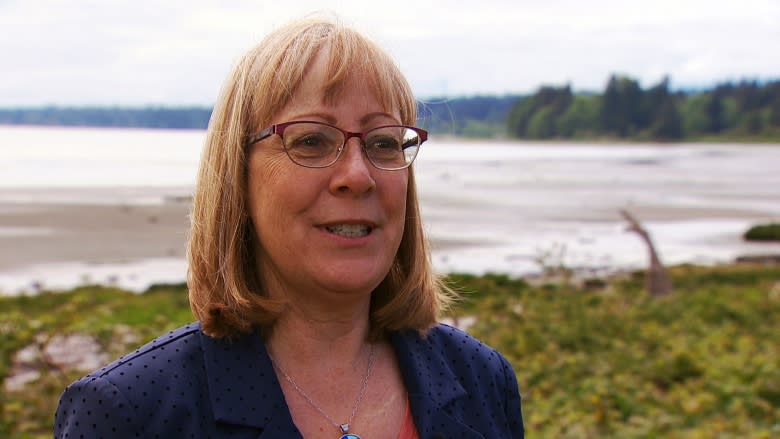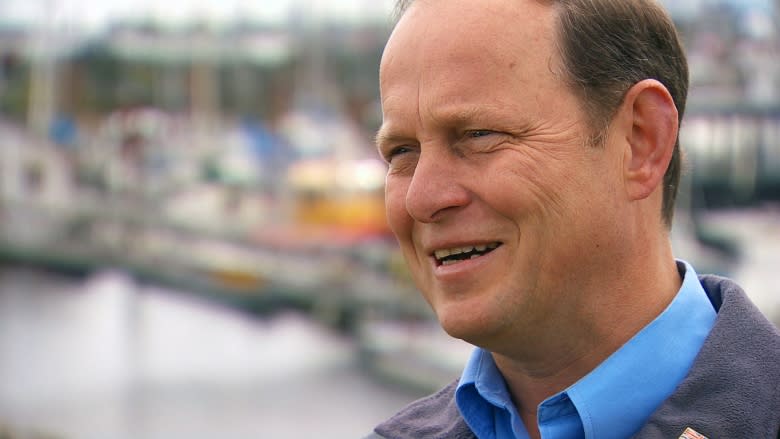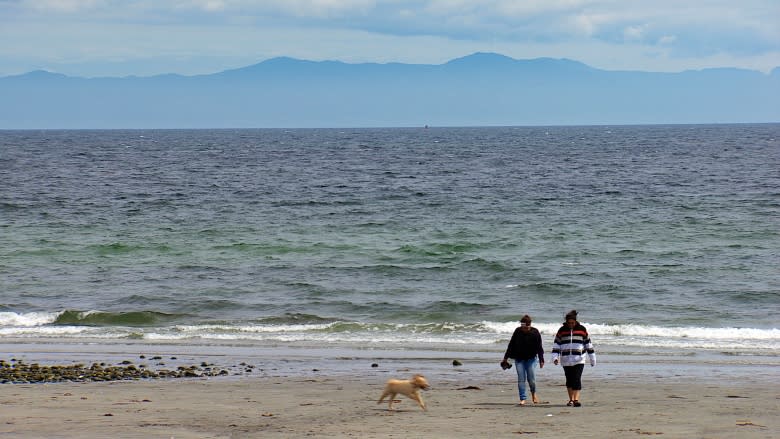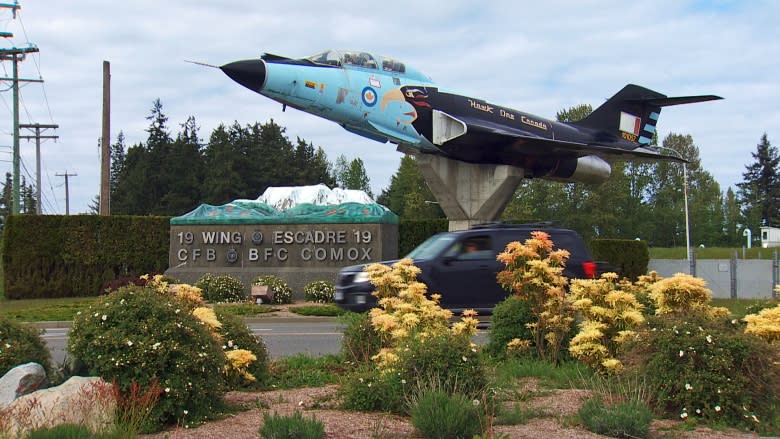B.C.'s provincial election result rests in the hands of 1 riding
The nearby B.C. communities of Courtenay and Comox are the type of places people go to relax.
On the right day, you can get up in the morning and ski nearby Mount Washington and then golf in the afternoon.
But there has been a new stress placed recently on this area nestled along the Strait of Georgia, halfway up Vancouver Island: its voters have the fate of the B.C. election in their hands.
When the votes from the B.C. provincial election were tallied on May 9, the riding of Courtenay-Comox was decided by nine votes. A razor-thin victory with NDP candidate Ronna-Rae Leonard capturing 10,058 votes compared to BC Liberal candidate Jim Benninger's 10,049 votes.
What makes it even more stunning is that the B.C. seat count still remains in the balance.
The Christy Clark-led BC Liberals currently hold 43 seats, which is one short of what is needed for a majority in the 87-seat legislature. And starting on Monday, every vote in the riding will be recounted along with an estimated 1,500 absentee ballots that have not yet been tabulated, potentially altering the result of the election.
"It is really a unique situation to be put into, that it comes down to two people to decide if B.C. is going to have a majority government or a minority government," said Benninger, the Liberal candidate. "We are just waiting for the result."
Region has seen close races before
It's a region that is used to waiting. In 1983, longtime NDP MLA for the area Karen Sanford lost on election night only to regain her seat in a recount. But the fate of the province didn't rest on the result.
"We do this a lot in the Comox Valley. We seem to like to keep people up late for results on election night," said Leonard, the NDP candidate. "We like to live life of the edge here. My motto is to just stay calm and wait for the results.
She said people have been sending her positive thoughts and are eager to see her go to the legislature in Victoria.
"I am feeling supported in these tense days."
The days will only get tenser. The recount could last until Tuesday. The absentee ballots will be counted afterward.
This means it's possible the fate of the election won't be determined until late Tuesday or Wednesday. All the candidates can do is wait.
"Since we have gone into this two-week limbo period where there is nothing I can do positively or negatively to influence the outcome, it [has] really been time to put my attention to things I haven't been able to get to. My wife has a 'honey do' list for me an arm's length," said Benninger.
The two communities, the town of Comox and the city of Courtenay, are adjacent, their respective downtown cores just five kilometres apart. There is a significant retirement community but there are also more younger people coming to town to work at the CFB Comox Air Force Base, the local college, hospital and emerging tech industry.
Both Leonard and Benninger have local ties. Leonard is a former city councillor in Courtenay, while Benninger is the former base commander at CFB Comox.
Absentee ballots favoured NDP last time
The riding boundaries for Courtenay-Comox were redrawn before the 2017 election. Previously known as Comox Valley, the BC Liberals won the seat in 2013 by 1,768 votes.
In potential good news for the NDP, the absentee ballots that time around got the party 25 votes closer, though in a losing effort.
Absentee ballots need to be received in all 87 ridings for counting in local electoral offices to take place, including votes from abroad. That's why voters have been left to wait two weeks for the final election results.
Sherry Dittrick sent her so far un-counted vote back home from Australia.
"I am on a teacher exchange this year, so you can just imagine how important it was for me to vote and try to change the government in BC," Dittrick wrote in an email. "Obviously I voted for Ronna-Rae and am hoping the riding remains NDP to keep a majority Liberal government at bay. It's disgraceful that Canadian teachers needed to take their government to the Supreme Court of Canada in order to get help for children."
Vancouver Island University political scientist Alexander Netherton says it's interesting for voters in the region that the election has come down to them. What's even more intriguing to him is that many experts, including himself, did not think the 2017 election campaign was particularly interesting.
"At the end of the most boring campaign, we have the most spectacularly interesting result. I just don't know how we are going to work this one through," said Netherton. "As soon as the results came in we all realized we had to rethink the significance of this election and the results."










